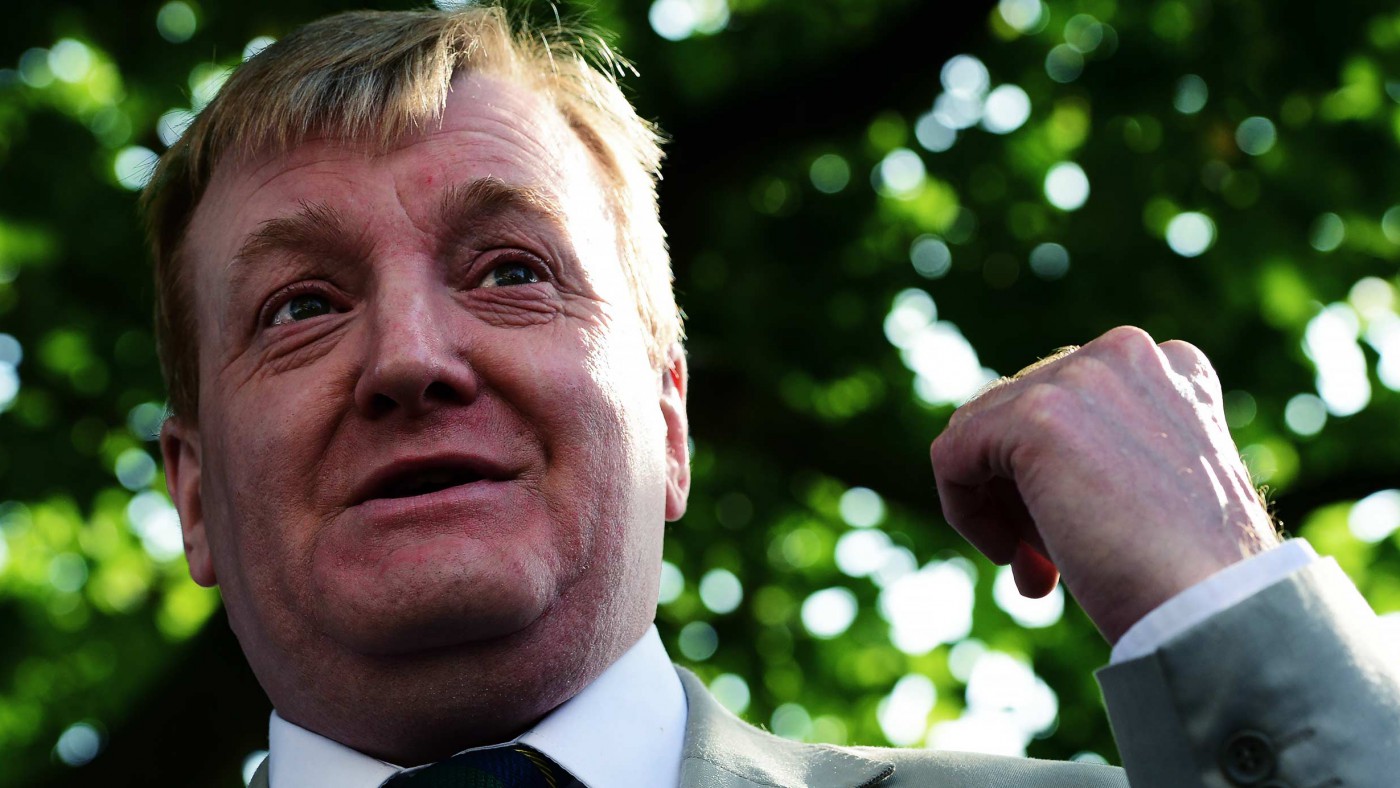I always felt that Charles Kennedy was close to being the perfect politician. If you could knit your own MP, mine would be something like him: a great liberal intellect, ordinary amid his extraordinariness, a man who could debate without venom and reach across boundaries, a guy who liked to think about things. And of course, like all the best people, he was Scottish.
It was, in the end, a traditional Scottish failing – the West Highland curse – that undid him. But following the announcement today of the death of the former Liberal Democrat leader, he is best remembered for the positives. Kennedy would have thrived in any party: he was already hailed as a future star when he was elected to the Commons aged just 23. He had been shaped by the same processes and culture that gave us John Smith, Derry Irvine, Donald Dewar and Ming Campbell, having been a champion debater at Glasgow University. He was president of the University Union, during which period women were admitted for the first time, and ran Roy Jenkins’s campaign for the SDP at Hillhead. He went to Indiana as a Fulbright scholar to study political communication. Later, as rector, he was the first person to be-relected to that post since Sir Benjamin Disraeli, having campaigned in person for weeks.
It was in the area of communication that Kennedy truly excelled, and where the politicians he leaves behind should look for inspiration. He was a master at connecting with people – the reason he because known as ‘Chat Show Charlie’ was because the chat shows always wanted him on and he was happy to oblige. He was funny and witty – not always the same thing – sharp, quick and likeable. He was self-deprecating. He had presence, in the right way. He was not gimlet-eyed like the most unbending Tory, or pompous and self-righteous, like the worthiest Labour hack.
In a moving piece, which I urge you to read in full, his friend Alastair Campbell captures his appeal: ‘He spoke fluent human, because he had humanity in every vein and every cell. Charles, such a passionate and eloquent opponent of the war in Iraq, was nonetheless unwilling to join those who when it came to their view of Tony Blair or of me, could never see beyond that issue. Charles knew that it was possible to disagree with people without constantly feeling the need to condemn them as lacking in integrity or values.’
This, surely, is what our politics lacks more than anything else – the maturity to look with respect at those on the other side; the emotional intelligence to treat humans as humans; the ability to understand that good people can take opposing views, and that this needn’t define them or your relationship with them. For those of us living in the angry and divided society that is post-referendum Scotland, all of this has never more important, or so lacking.
The fact that the young Kennedy, with the world at his feet, chose the Liberals, and a career of guaranteed third places and socks-and-sandals jibes, spoke to his strength of character and a temperament well suited to that quirky party’s refusal to toe any traditional ideological line. I was only in his company once, when we grabbed a sneaky fag out the back during some dull event at Edinburgh University, but he was everything I’d hoped. Sometimes it’s good to meet your heroes.


